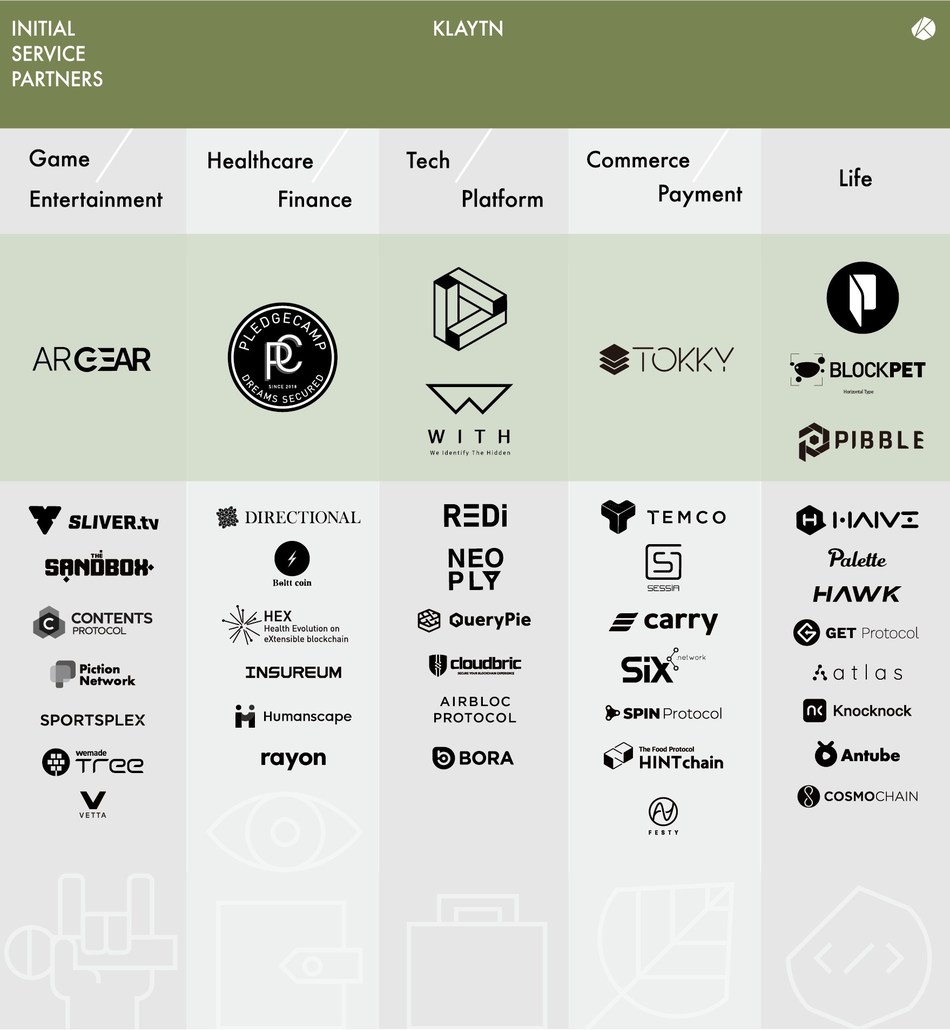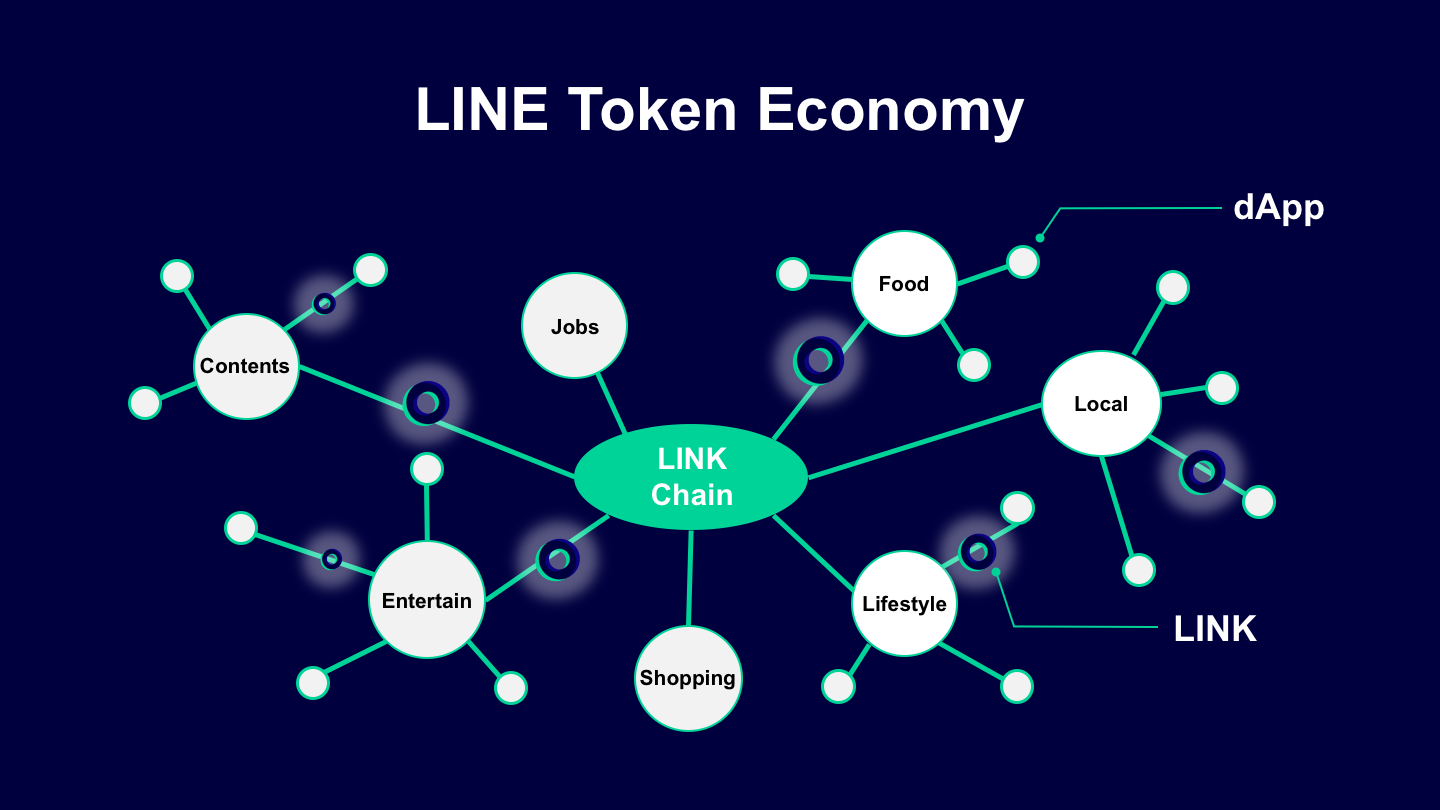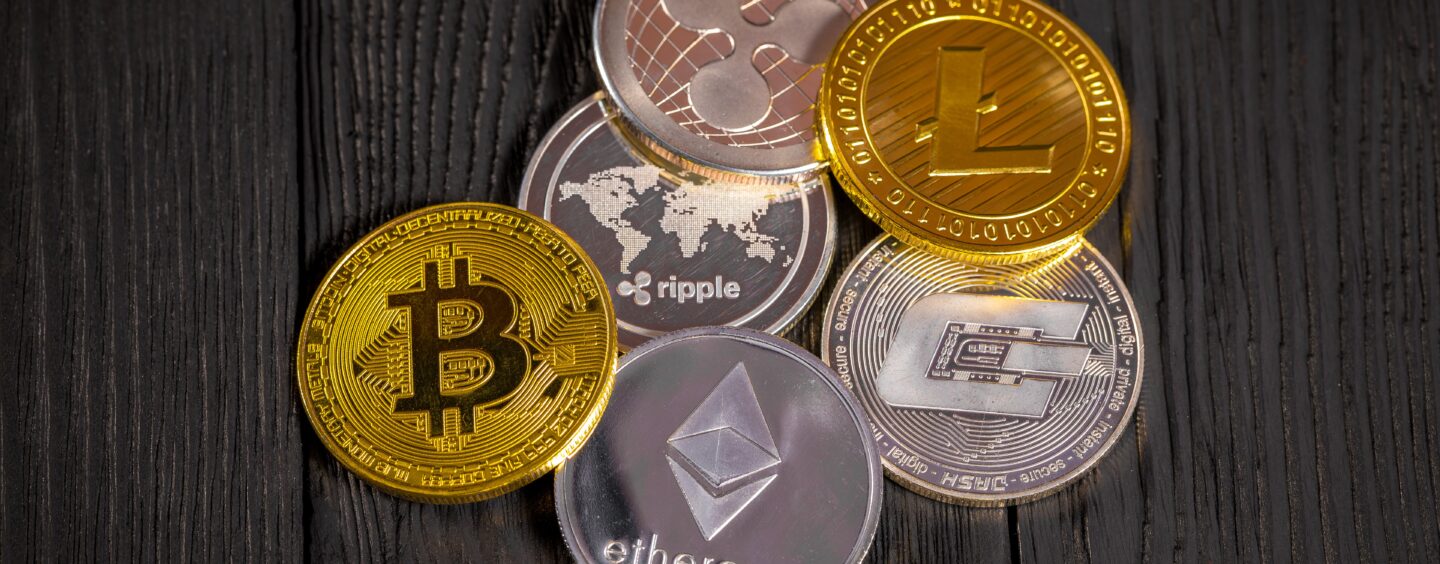South Korea’s attempts to put itself on the map in the world of blockchain seem to be bearing fruit more and more lately.
Increasingly, South Korean banks and tech firms are ramping up blockchain adoption in a big way with several deployments and initiatives announced these past months to use the technology in applications such as digital identity, payments, food distribution and entertainment.
These 5 recent developments is a testament to South Korea’s blockchian ambitions.
Large Banks, Telcos and “Chaebols” Team up on Digital Identity

Last week, a group of tech, financial services firms, and mobile carriers that includes KEB Hana Bank, Woori Bank, KOSCOM, SK Telecom, KT, LG UPlus and Samsung Electronics, announced a partnership to launch a blockchain-based mobile identification system in 2020, reports the Korea Times.
The consortium said they will develop a technology to help create a “self-sovereign identity.” The mobile system will store users’ key information such as resident registration numbers and bank account numbers, enabling them to use these conveniently whenever the need arises.
The new system seeks to provide a new form of identification that removes the need of intermediaries, enabling individuals and organizations to assert users’ identity in online transactions. The group will leverage blockchain to ensure a transparent, permanent and tamper-proof record of transactional data.
Samsung Electronics will be responsible of ensuring the safe management of the stored data with Samsung Knox, a multi-layered platform built into the hardware and software of Samsung’s latest devices that defends users’ sensitive information from malware and malicious threats.
The consortium said it will seek more partners in 2020 including large businesses, universities, hospitals, insurers, entertainment facilities, resort and country clubs, with an aim to expand the service to academic records and diplomas, insurance and automatic discounts at amusement parks and movies.
LG Develops Blockchain Based Food Distribution

Earlier this month, LG CNS announced plans to develop a blockchain-based food distribution platform in collaboration with local IT services provider SayIT, reports ZDNet. The partnership seeks to build a solution based on LG’s blockchain platform Monachain, which would give consumers information on agricultural products’ production, processing, distribution, acquisition, and consumption.
The solution will be used for foods served at South Korean school cafeterias in collaboration with regional governments, and aims to provider greater transparency on foods supply chain, helping parents protect the health of their children, LG CNS said.
The platform will also allow food producers to send out “mobile flyers” to promote their products.
Korea’s Largest Bank Launches Digital Asset Custody Offering
Image Credit: Altcoinist
In June, South Korea’s largest bank KB Kookmin unveiled plans to launch a digital asset custody offering, reports CoinDesk Korea.
The bank signed an agreement with blockchain company Atomrigs Lab to develop digital asset custody services that combine Atomrigs Lab’s Lime technology, which secures digital assets such as cryptocurrencies, and KB Kookmin Bank’s internal control infrastructure and information protection technologies.
The initiative is part of the bank’s broader digitalization push which includes plans for using artificial intelligence, cloud computing, and big data to improve services.
Kakao’s blockchain platform Klaytn gains traction
Earlier this month, Internet giant Kakao announced that eight new initial service partners have joined its blockchain platform Klaytn. These include HintChain, a blockchain-based food data marketplace, Antube, a short-video entertainment service, and Pibble, an image-based social media service.
Operated by its subsidiary Ground X, Klaytn is a public blockchain platform focusing on providing an easy development environment and a user-friendly experience. 51 service partners have already joined Klaytn to launch their blockchain services on the platform. Ground X claims the Klaytn blockchain network is 150 times faster than Ethereum.

Klaytn Initial Service Partners
Internet Giant, Naver expands its blockchain ecosystem
Naver, another South Korean Internet giant and the owner of Japan’s top messaging app Line, is aggressively expanding its blockchain ecosystem. Last year, the firm launched LINK Chain and its cryptocurrency Link through its Japanese subsidiary Line.
The digital token began trading through the company’s digital asset exchange Bitbox in Singapore in late 2018.
Like Kakao, Naver is looking to establish a blockchain ecosystem and introduced five decentralized applications (DApps): a market prediction service called 4Cast, a knowledge-sharing platform called Wizball, a product review app called Pasha, a food review app called Tapas, and a travel app called Step.

LINE Token Economy, linecorp.com
While South Korean companies accelerate blockchain adoption, regulators have joined their international counterparts in warning about Facebook’s recently revealed Libra cryptocurrency.
The nation’s Financial Services Commission (FSC) has said that the project threatens the stability of financial systems and has expressed concern that Libra could be widely used for money laundering without proper bank-like controls, according to a report by CoinDesk Korea,
“If 2.4 billion Facebook users worldwide transfer one tenth of their bank deposits to Libra,” banks’ solvency would diminish, as would their loan reserves, representing a threat to emerging markets from the relocation of the capital out of those countries, the regulator said.
It noted that “a large financial institution, such as Goldman Sachs or JPMorgan” had refused to participate in Libra.










